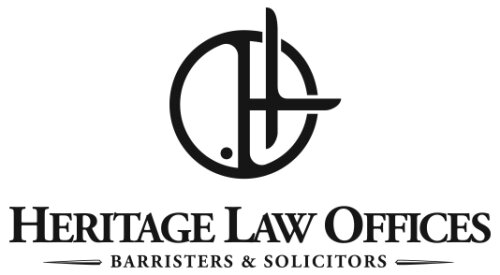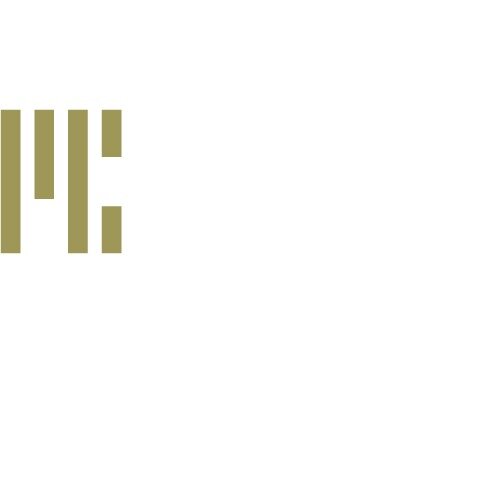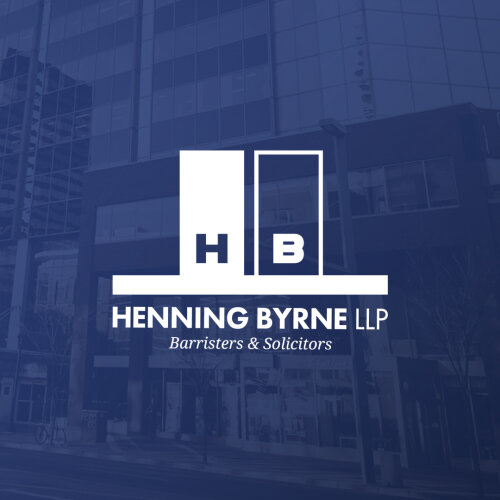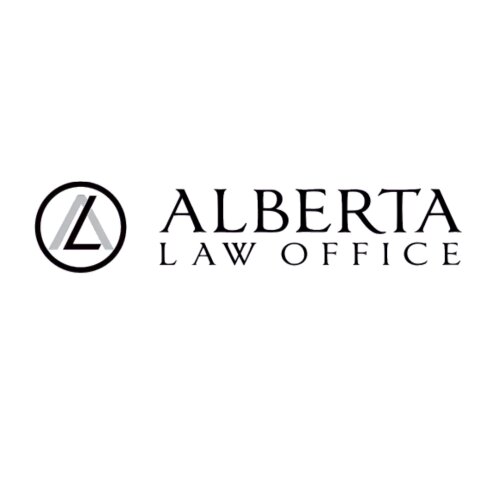Best Class Action Lawyers in Edmonton
Share your needs with us, get contacted by law firms.
Free. Takes 2 min.
List of the best lawyers in Edmonton, Canada
Canada Class Action Legal Articles
Browse our 2 legal articles about Class Action in Canada written by expert lawyers.
- Class Action Rights for Consumer Privacy Breaches in Canada
- Most consumer privacy class actions in Canada operate on an opt-out basis, meaning you are automatically included if you meet the class definition. You do not need to pay out-of-pocket legal fees to participate; lawyers are typically paid a percentage of the final settlement or court award. Certification is the... Read more →
- How to Join or Opt-Out of Canada Privacy Breach Class Actions
- Most Canadian provinces operate on an "opt-out" basis, meaning you are automatically included in a class action if you meet the criteria and live in the province where the case was filed. You do not pay any upfront legal fees to participate; lawyers are paid a percentage of the settlement... Read more →
About Class Action Law in Edmonton, Canada
A Class Action lawsuit in Edmonton, Canada, allows a large group of people who have suffered similar harm to collectively sue a defendant. This type of legal action is common in cases involving defective products, security fraud, or other types of mass torts. Its primary advantage is its efficiency, as it allows a large number of claims to be addressed in a single proceeding instead of separate lawsuits. Class action in Canada, including Edmonton, is governed by both federal and provincial laws.
Why You May Need a Lawyer
If you believe that you and a group of people have been wronged by the same entity, such as a corporation or a government agency, you might need a class action lawyer. Common situations involving class action cases include issues with consumer products, environmental disasters, privacy breaches, and unlawful employment practices. Lawyers experienced in this field can evaluate the merits of your case, come up with a strategic approach, and effectively represent your group's interests in court.
Local Laws Overview
Class action in Edmonton follows the Alberta Rules of Court, specifically Rule 42.1 which governs class actions in the province. According to this rule, one or some members of a class of people may sue or be sued as representative parties on behalf of all members. However, for a case to be certified as a class action, it must meet certain criteria such as having a clearly identifiable class, a common issue, and a suitable representative plaintiff. Also, the judge must determine that a class proceeding is the preferable procedure for the fair and efficient resolution of the common issues.
Frequently Asked Questions
How does a class action begin?
A class action begins with the filing of a Statement of Claim in court. After that, a certification process is initiated during which the court decides whether the case is qualified to proceed as a class action.
Do I need to join a class action?
In Canada, class action lawsuits are opt-out, meaning that potential class members are automatically included unless they actively choose to opt out.
Will I need to testify in court?
Most class members do not need to testify in court. Normally, it is the representative plaintiff who handles the majority of the lawsuit obligations.
How long does a class action take?
Class action lawsuits can take several years to resolve as they often involve complex legal issues and large groups of people.
How is the settlement distributed?
Any settlement or judgment obtained is divided among class members, with the amount each person receiving depending on various factors like the nature of the claim and the individual's circumstances. Details of distribution are often detailed in a court-approved distribution plan.
Additional Resources
For additional resources, you can refer to the Canadian Bar Association and Alberta Law Libraries which offer extensive information about class action law. The Alberta Courts website also has useful information on court procedures, forms, and rulings.
Next Steps
If you need legal assistance in a class action, it's advisable to start by consulting with a lawyer who specializes in class action lawsuits. They can help you understand the process, evaluate your case, and guide you through the legal procedures involved.
Lawzana helps you find the best lawyers and law firms in Edmonton through a curated and pre-screened list of qualified legal professionals. Our platform offers rankings and detailed profiles of attorneys and law firms, allowing you to compare based on practice areas, including Class Action, experience, and client feedback.
Each profile includes a description of the firm's areas of practice, client reviews, team members and partners, year of establishment, spoken languages, office locations, contact information, social media presence, and any published articles or resources. Most firms on our platform speak English and are experienced in both local and international legal matters.
Get a quote from top-rated law firms in Edmonton, Canada — quickly, securely, and without unnecessary hassle.
Disclaimer:
The information provided on this page is for general informational purposes only and does not constitute legal advice. While we strive to ensure the accuracy and relevance of the content, legal information may change over time, and interpretations of the law can vary. You should always consult with a qualified legal professional for advice specific to your situation.
We disclaim all liability for actions taken or not taken based on the content of this page. If you believe any information is incorrect or outdated, please contact us, and we will review and update it where appropriate.













